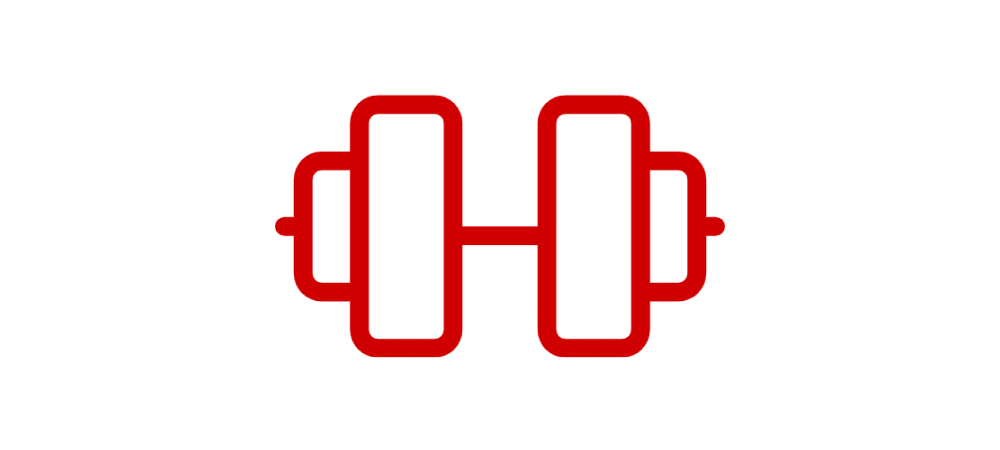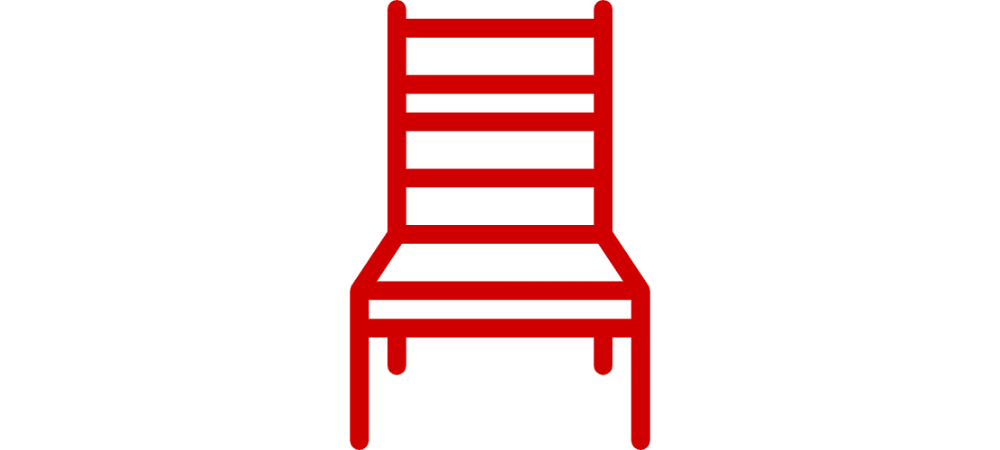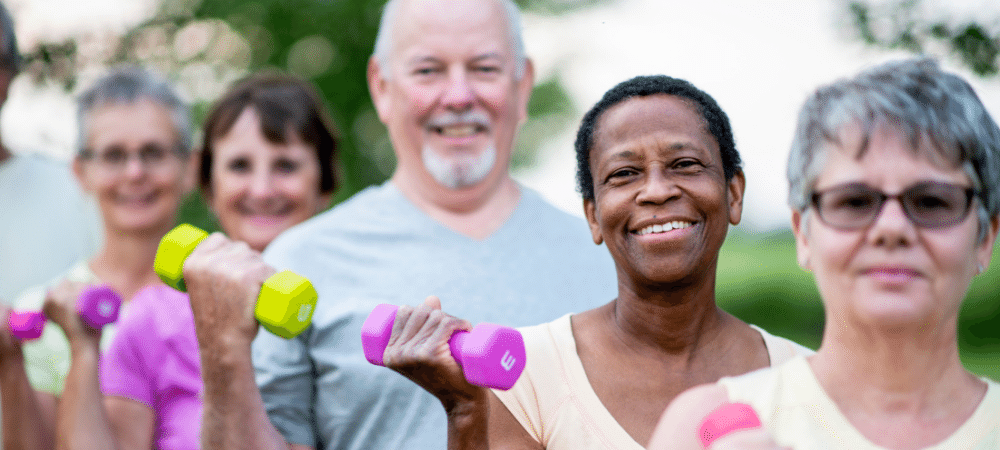- Abuse & The Abuser
- Achievement
- Activity, Fitness & Sport
- Aging & Maturity
- Altruism & Kindness
- Atrocities, Racism & Inequality
- Challenges & Pitfalls
- Choices & Decisions
- Communication Skills
- Crime & Punishment
- Dangerous Situations
- Dealing with Addictions
- Debatable Issues & Moral Questions
- Determination & Achievement
- Diet & Nutrition
- Employment & Career
- Ethical dilemmas
- Experience & Adventure
- Faith, Something to Believe in
- Fears & Phobias
- Friends & Acquaintances
- Habits. Good & Bad
- Honour & Respect
- Human Nature
- Image & Uniqueness
- Immediate Family Relations
- Influence & Negotiation
- Interdependence & Independence
- Life's Big Questions
- Love, Dating & Marriage
- Manners & Etiquette
- Money & Finances
- Moods & Emotions
- Other Beneficial Approaches
- Other Relationships
- Overall health
- Passions & Strengths
- Peace & Forgiveness
- Personal Change
- Personal Development
- Politics & Governance
- Positive & Negative Attitudes
- Rights & Freedom
- Self Harm & Self Sabotage
- Sexual Preferences
- Sexual Relations
- Sins
- Thanks & Gratitude
- The Legacy We Leave
- The Search for Happiness
- Time. Past, present & Future
- Today's World, Projecting Tomorrow
- Truth & Character
- Unattractive Qualities
- Wisdom & Knowledge
Health & Wellness Wednesdays
Why Do We Struggle To Exercise As Adults?
I have two small children who LOVE to play at the playground. And let me tell you, playing at the playground is a great way to get some activity and exercise into your day.
It has truly made me think about how kids love to move and be active. They don’t do it begrudgingly like many of us as adults do with exercise. No! They do it for enjoyment.
They find things that they love to do like monkey bars or climbing or soccer and then they do it every chance they get!
So why, as adults, do many of us struggle to be active and get in our exercise? Is it simply because it has become another “task” to do, rather than something we enjoy?
I know for me, I actually enjoy exercising when I get into it. But I find it is often inconvenient when I have the time during the day. For example, as I sit here and write this post, it is currently 8:30. I have thought multiple times about putting on one of my home workouts and getting it done because my kids are asleep; however, when I exercise this late at night, I often have trouble sleeping.
I am working hard at prioritizing exercise during my days when it is actually a convenient time. I’m getting better at it the more that I practice prioritizing it…but it takes intentionality.
What about you? Do you struggle to fit exercise and movement into your life? If so, what is your biggest struggle?
Interesting Fact #1
The more you do to stay active as you age, the lower your chances are for things like heart attack and stroke. Your doctor can tell you what type of exercises are best, and for how long you should do them. You’ll probably shoot for 150 minutes of moderate aerobic activity a week, like a brisk walk or an easy bike ride. Mowing the lawn or a heavy cleaning session counts, too. And you don’t have to do them in 30-minute chunks.
Interesting Fact #2
Exercises that promote flexibility are in a group of four cornerstone movements (along with those that improve endurance, strength, and balance) that you should probably work on. That stiffness can be alleviated with, for example, stretching exercises that target hips, legs, shoulders, your neck, your back … anywhere. Yoga can help, too. Take it easy, though, and don’t stretch so far that it hurts.
Interesting Fact #3
No matter how old you are, how inactive, or how out of shape you have been for however long, exercise can be provide lots of help for lots of things.
Quote of the day
“If you are pining for youth I think it produces a stereotypical old man because you only live in memory, you live in a place that doesn’t exist. Aging is an extraordinary process where you become the person you always should have been.” David Bowie
Article of the day - Physical Activity for Older Adults
Including regular physical activity is one of the most important things you can do for your health as an older adult (65 years and older). Less pain, better mood, and lower risk of many diseases are some of the health benefits from being active. It can make your daily life better, so it is easier to:
- Do everyday tasks, like chores and shopping
- Stay independent as you get older
- Keep up with the grandkids
How Much Activity Do Older Adults Need?
Focus on moving more and sitting less throughout the day. Always remember some activity is better than none. Check with your doctor before starting a physical activity routine. If you are 65 years of age or older, are generally fit, and have no limiting health conditions, you can follow these recommendations:
- At least 150 minutes a week of moderate intensity activity such as brisk walking or anything that gets your heart beating faster counts
- At least 2 days a week of activities that strengthen muscles
- Mix in stretches and activities to improve balance such as standing on one foot
Types of Activity for Older Adults

Aerobic Activities
Anything that gets your heart beating faster counts. Some examples include:
- Walking or hiking
- Dancing
- Swimming
- Water aerobics
- Jogging or running
- Aerobic exercise classes
- Some forms of yoga
- Bicycle riding (stationary or outdoors)
- Some yard work, such as raking and pushing a lawn mower
- Sports like tennis or basketball
- Walking as part of golf

Strength Activities
Do activities that make your muscles work harder than usual. Some examples include:
- Strengthening exercises using exercise bands, weight machines, or hand-held weights
- Body-weight exercises (push-ups, pull-ups, planks, squats, lunges)
- Digging, lifting, and carrying as part of gardening
- Carrying groceries
- Some yoga postures
- Some forms of tai chi
- Try our strength workouts

Balance Activities
Incorporate activities to improve your balance. Some examples include:
- Walking backwards
- Standing on one leg
- Walking heel-to-toe
- Practicing standing from a sitting position
- Using a wobble board
- Strengthening muscles of the back, abdomen, and legs
- Try our balance training workout
Ready to Get More Active?
Start gradually and increase the amount and intensity of physical activity over time. Evaluate your age, level of fitness and level of experience to help reduce injury risk when increasing physical activity. The best way to get started is to focus on a light- to moderate-intensity activity, such as walking 5–15 minutes per session, 2–3 times a week. Research has shown walking to be a low risk of injury and no known risk of severe cardiac events.
Question of the day - Do you struggle to fit exercise and movement into your life? If so, what is your biggest struggle?
Activity, Fitness & Sport
Do you struggle to fit exercise and movement into your life? If so, what is your biggest struggle?










